Wednesday,22 Jan 2025
Exam Assessment Ed-Tech Startup Founded by Student on Campus Now a Rs 31 Crore Turnover Business

Khimi Thapa
|
28-June-2024
Vol 15 | Issue 26
Imagine being in your final year of engineering, balancing exams and projects. Amidst all this, a spark of inspiration strikes.
This was the reality for Manish Mohta, the founder of Learning Spiral Pvt Ltd, an ed-tech company that leverages information technology and AI to deliver assessment solutions.
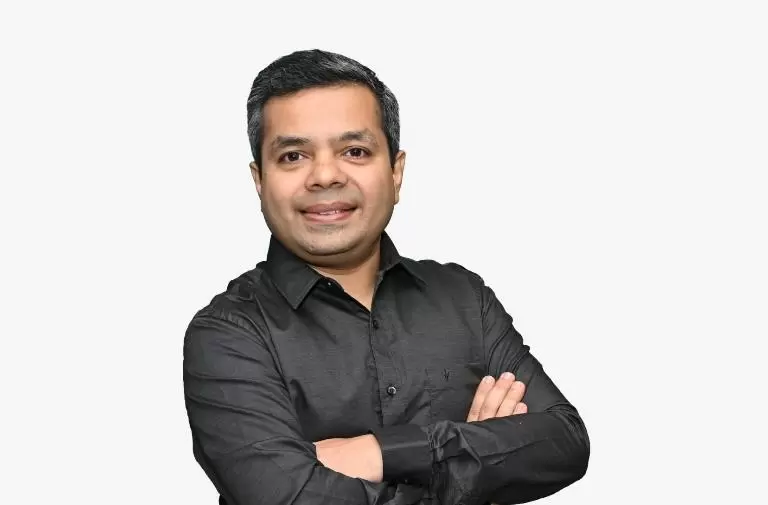
| Manish Mohta launched Learning Spiral during his final year at Delhi College of Engineering (Photos: Special Arrangement) |
With a modest investment of just Rs. 1.85 lakh and the support of three equally passionate friends, he set out on an ambitious journey to launch Learning Spiral, which now boasts a turnover of Rs. 31 crore.
Based in Raipur, Chattisgarh, Learning Spiral is a thriving subsidiary under the Mohta Group of companies, which has diverse interests across industries including steel, power, copper, chemicals, and plastics.
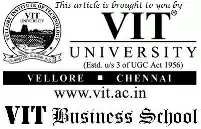
Today, it boasts a prestigious clientele including Indian Railways, Odisha Police, Jamia Millia Islamia, and the West Bengal School Board.
Learning Spiral offers end-to-end examination services across the country, covering a range of services from software solutions, managed services, outsourced business processes, security printing, proctoring, and supply.
They cater not only to educational institutes, universities, and colleges but also serve recruiters, recruitment bodies, and other assessment bodies.
“When it comes to offline exams, there are significant challenges in terms of subjective grading and quality control,” says Manish, while discussing how Learning Spiral brings in transparency in the evaluation process.
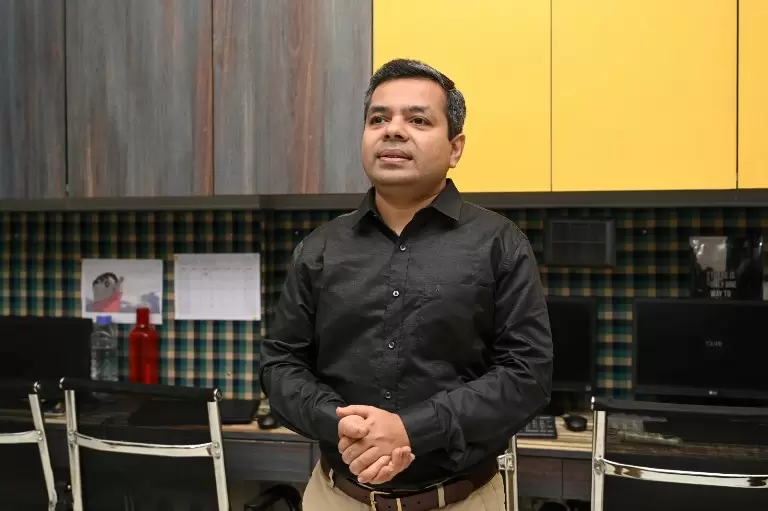
| Learning Spiral makes exam process easier for everyone |
“As answer sheets are evaluated and graded by individual teachers, there’s a lack of quality control and the university has little idea as to what the professor is referring to.”
Learning Spiral leverages technology to address these challenges. They ensure anonymity in grading by presenting anonymised scripts to teachers and employing double-blind evaluation processes where scripts are cross-checked by multiple teachers or pre-evaluated to ensure adherence to rubrics and guidelines.
“Not just that, when teachers are evaluating from home, they are even captured on camera so that we know it’s the teacher who is evaluating the booklet and not someone else," adds Manish.
"We have been able to significantly reduce the administrative burden of exams from 50% to less than 10 to 20%. By doing so, we aim to reclaim valuable time that can be redirected towards fostering learning within the community.”
The business was started while he was doing his final year at Delhi College of Engineering in 2000.
“Learning Spiral was formed as a campus startup during my final year of engineering. I came up with the idea along with three friends, and together we started this venture,” says Manish. They were committed to making a dramatic impact in this domain.
“Usually when exams and assessments took place, no teaching would happen because everyone was busy with exams. Given that there are two semesters and how long the exam period is today, about five months were solely dedicated to examinations,” he explains.
“That’s nearly 50 to 60% of the academic calendar, which significantly reduced the available learning and teaching hours. This meant that students were losing out on learning during that time. We wanted to change that.”
Coming from a successful business family can be a double-edged sword for second-generation entrepreneurs. This stands true for Manish.
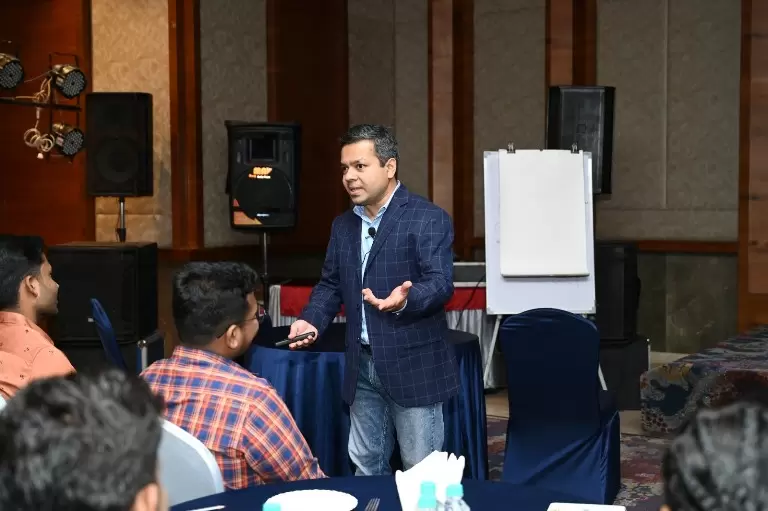
| Manish's family supported his startup, but were sceptical about its long-term viability |
“While my family was excited about the campus startup, they were sceptical about its long-term viability. Having some experience, background, and infrastructure gives us a head start, but it also brings challenges," he shares.
"When starting fresh, there’s always scepticism about long-term growth. These doubts create a dampening effect because startups rarely achieve instant success. As a second-generation entrepreneur, this constant dilemma—am I on the right path? Is this idea viable? Is it worth my time?—is ever-present.”
Talking about the challenges he faced when he launched his company, Manish recalls, “Bringing change in traditional academic settings is the biggest challenge we faced in the first year of our business. Teachers, professors, and evaluators are accustomed to established methods, and managing this change became our foremost challenge.”
Although overcoming initial resistance to adopting new systems was tough, once educators saw the enhanced outcomes, they embraced the technology wholeheartedly.
“We were lucky enough to have Banaras Hindu University (Varanasi) as one of our first clients. Additionally, Jamia Millia Islamia (Delhi) was a very early adopter of some of these technologies.
“After the initial one or two years, their professors became integral to our journey, contributing valuable ideas and insights that have continually improved our products and services.”
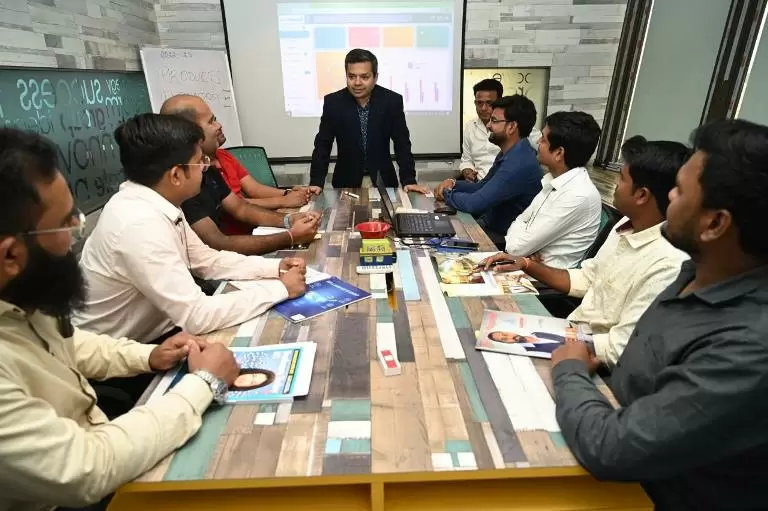
| Manish has plans to take the business into international markets |
Speaking about the future plans, he says, “We are on a growth trajectory with aspirational targets set for achieving a 100% year-on-year growth rate in the coming years. Our expansion plans include venturing into international markets, particularly in the MENA and Southeast Asian regions.”
Finding the delicate balance between running a business and raising a family is a constant juggling act for Manish. A father of three kids, he is ever grateful to his wife, Ranjita, who adeptly manages finance, HR, and talent acquisition.
“Trying to balance an entrepreneurial journey along with your family is challenging even in the best of times," he reflects. "My daughter is 7 and my sons are 16. This is a crucial phase in their life as far as academics are concerned. I am thankful to my wife for being a strong supporter at the office and at home.”- ©TWL
















